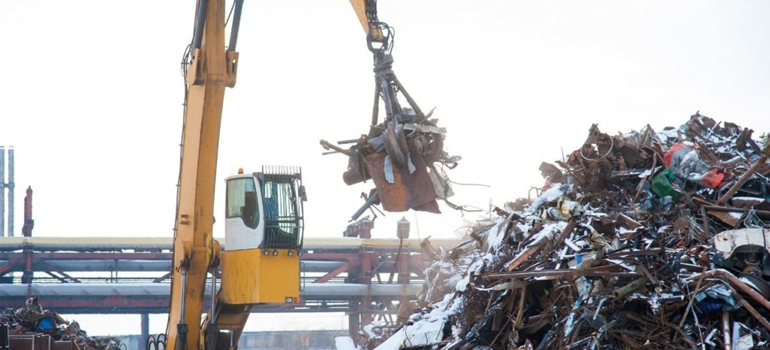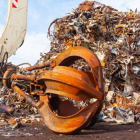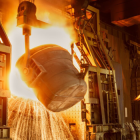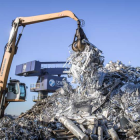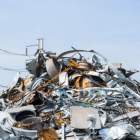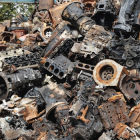Industrial scrap is often seen as a byproduct of manufacturing—something that needs to be disposed of or sold off quickly. However, what many businesses don’t realize is the potential for profitability hidden within this waste. From metal shavings to discarded machinery parts, industrial scrap can be turned into a revenue stream while simultaneously reducing environmental impact.
Understanding Industrial Scrap
Industrial scrap refers to excess materials produced during manufacturing processes. Common examples include:
- Metal scrap like steel, aluminum, and copper shavings.
- Plastic remnants from packaging and production.
- Paper and cardboard waste from printing and packaging industries.
- Electronic waste including circuit boards, wires, and damaged equipment.
These materials are often discarded as unusable, but they hold significant value in the recycling market.
Financial Benefits of Scrap Management
There are several ways in which companies can financially benefit from properly managing scrap:
- Reduced Disposal Costs: Proper segregation and sale of scrap materials can reduce the cost of waste disposal, especially for materials like metals, which are highly sought after by recyclers.
- Revenue Generation: By partnering with scrap dealers, businesses can sell their industrial waste, earning money from materials that would otherwise end up in landfills.
- Lower Raw Material Costs: Some industries are reusing recycled scrap as raw materials, leading to reduced procurement costs and enhanced operational efficiency.
- Tax Incentives: In many countries, government programs offer tax deductions and incentives for businesses that adopt sustainable scrap management practices.
Environmental Benefits of Recycling Scrap
Beyond financial gains, recycling scrap has immense environmental benefits, including:
- Reduction of Waste: Effective scrap management helps businesses significantly lower the amount of waste sent to landfills.
- Conservation of Natural Resources: Reusing scrap materials reduces the need for raw material extraction, which in turn conserves natural resources like ores, trees, and water.
- Energy Conservation: Recycling metals and plastics often uses less energy than producing them from raw materials.
- Improved Corporate Image: Adopting sustainable practices can boost a company’s brand reputation, particularly in a world where consumers prefer eco-conscious businesses.
Getting Started: A Guide for Businesses
Implementing an effective scrap management system requires a few essential steps:
- Material Segregation: Ensure that different types of scrap—metal, plastic, electronic—are sorted properly for recycling.
- Partnering with Scrap Buyers: Identify reliable scrap dealers or recycling companies that specialize in industrial scrap and can offer fair market prices.
- Internal Awareness: Train employees on the importance of scrap management and recycling, ensuring compliance at every level of the organization.
- Sustainability Reporting: Monitor the volume of scrap recycled and track its financial benefits to communicate these achievements in annual sustainability reports.
Success Story: ASG UK Scrap Services
ASG UK has expanded its offerings to include scrap-selling services, helping businesses manage and profit from their industrial scrap. Through their services, companies can access a streamlined process for selling scrap while also reducing their environmental impact.
Conclusion
Industrial scrap is a hidden goldmine for companies willing to embrace sustainability. By recycling scrap materials, businesses not only enhance their profitability but also contribute to a greener planet. Start exploring the opportunities in your scrap today!

